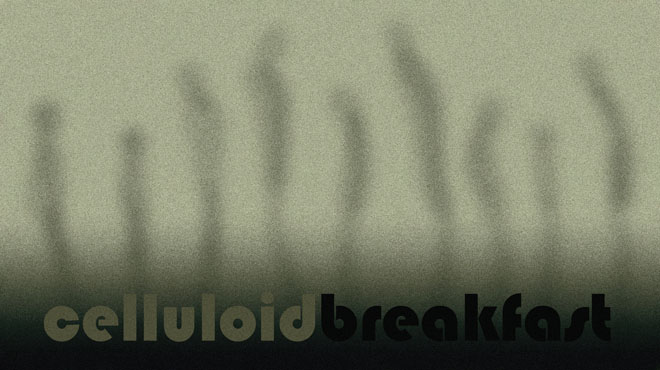From its bizarre animated opening to its darkly comic subversion of icons (crucifixes are converted into swords at one point), Soleil Ô makes no bones about its agenda and Hondo clarifies the importance of his message through subverting the gaze of the viewer. While the film designates itself as a pamphlet, the focus is more on the reconstruction of identity than the loss of it, and Hondo does not discriminate in his description of blackness. As Djibril Diop Mambéty was to later achieve with his surreal Touki Bouki, Hondo interprets film through the context of African oral storytelling, acknowledging that to recontextualise cinema for an African perspective is to reinterpret the medium. Satirical but fiercely humanistic, Soleil Ô is a film essay whose importance can never be overstated, and deserves a contemporary rediscovery.






No comments:
Post a Comment